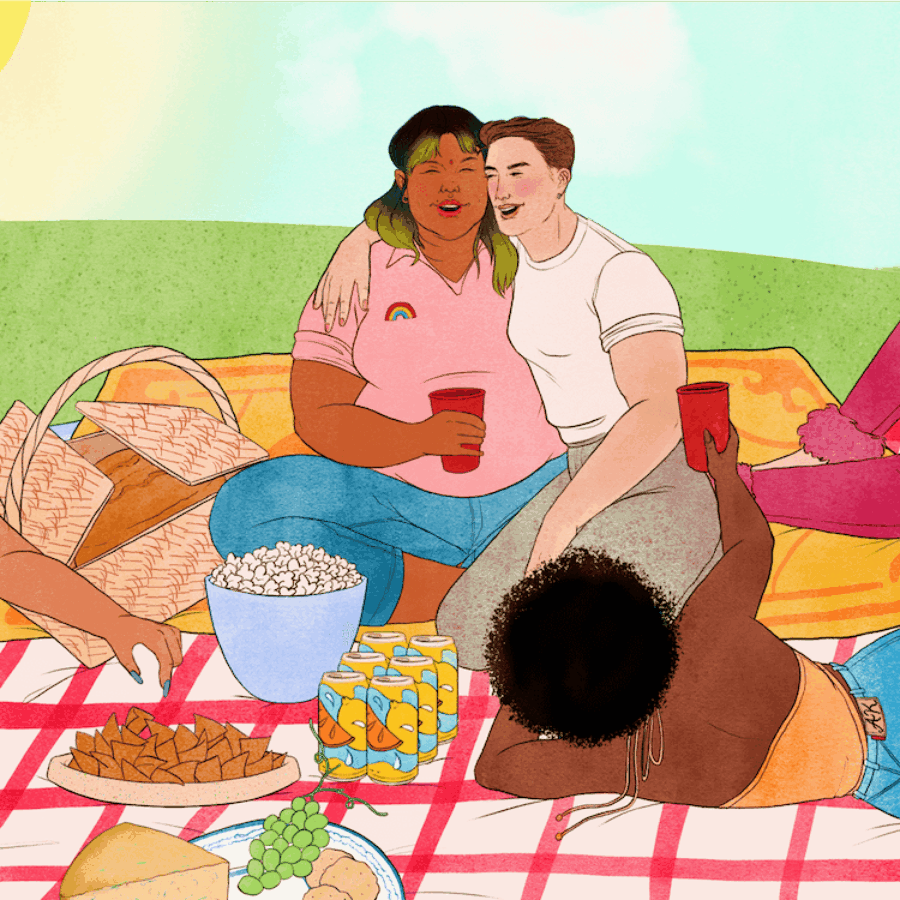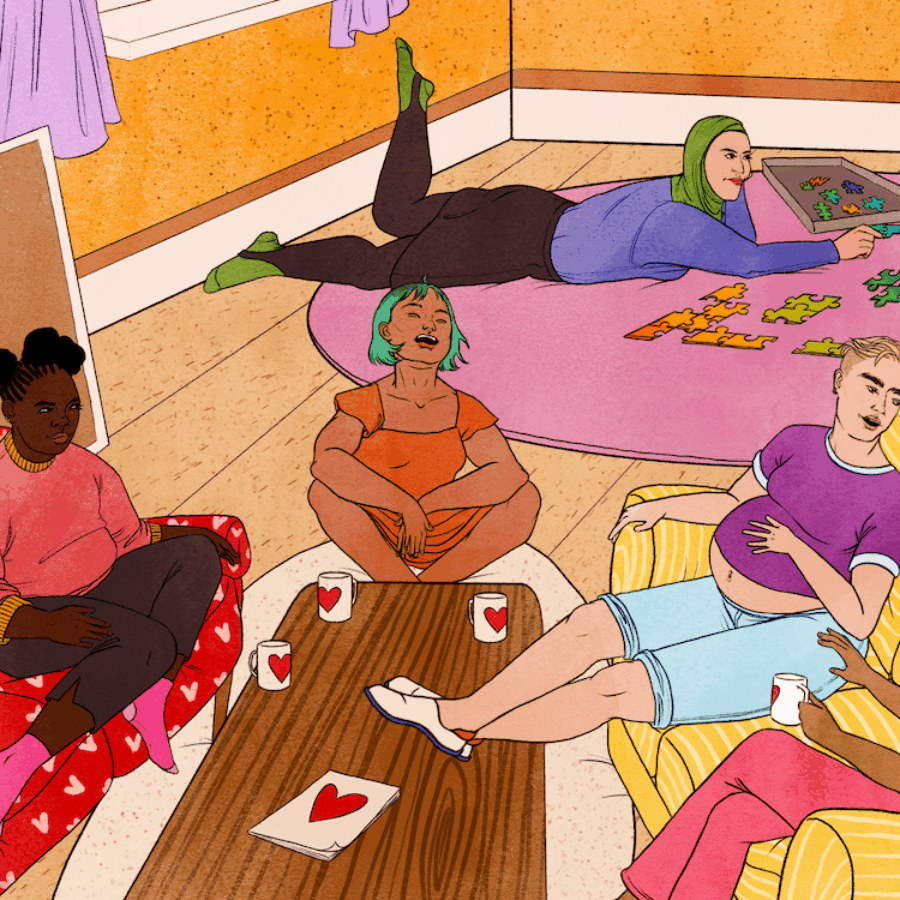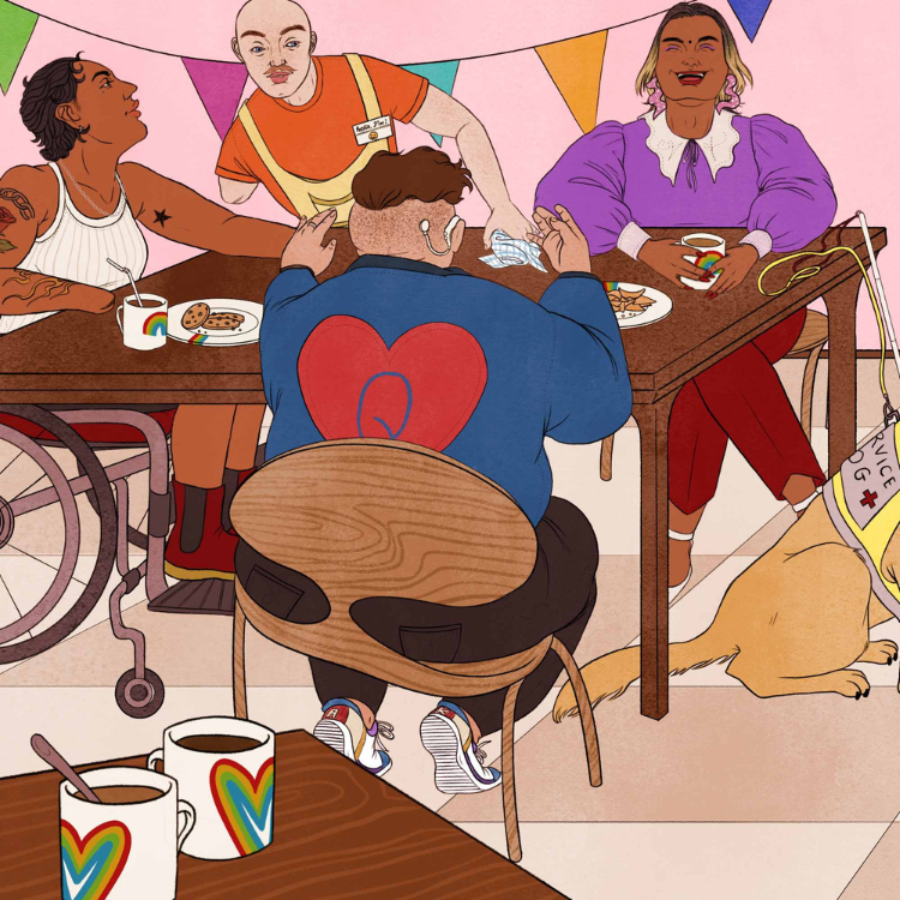
Stonewall Young Futures
Welcome to Stonewall Young Futures! This is a hub for all young lesbian, gay, bi, trans, queer, questioning and ace (LGBTQ+) people thinking about their next steps.
This space was made with LGBTQ+ young people, for LGBTQ+ young people.
Whether you know exactly what you want to do with your future, or it feels like you have no idea yet – this is the place for you! Feel free to explore and get inspired.
Scroll down to look at the different options open to you, learn about new opportunities, and start to figure out what works for you. And you can hear from other LGBTQ+ people about the choices they made, the paths they took, and how they got to where they are today.
If you need support, head to our LGBTQ+ Support page. You’ll find useful links to help with your mental health, locate LGBTQ+ youth groups, or get advice on benefits and homelessness.
Download a transcript of this video.
Take the next step





